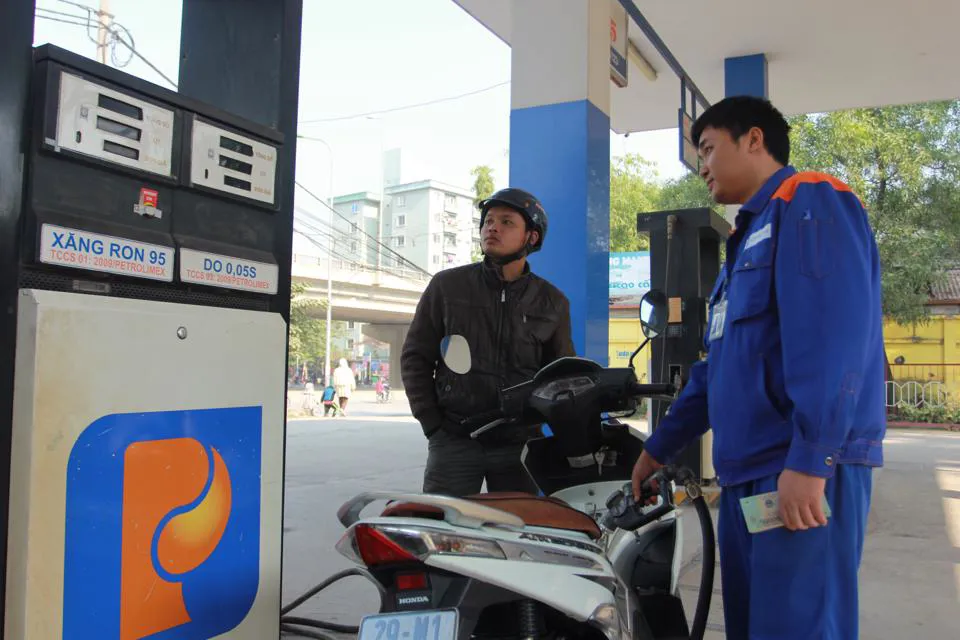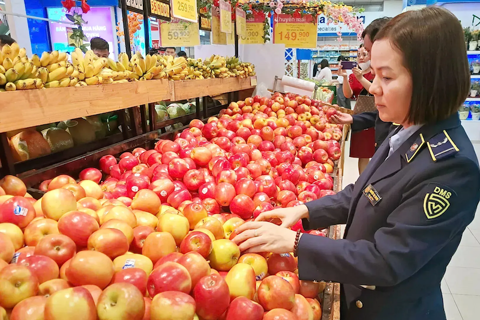Vietnamese Gov’t cuts taxes, fees worth US$9.4 billion in 2022
The cut is necessary to help citizens weather inflation and support socioeconomic recovery.
The Vietnamese Government has cut and waived taxes and fees worth over VND233 trillion (US$9.4 billion) in 2022.
| A petrol station at Nguyen Xien Street, Hoang Mai District. Photo: Pham Hung |
Minister of Finance Ho Duc Phuoc revealed the figures in a report submitted to the National Assembly on the Government’s support for businesses and people affected by the Covid-19 pandemic.
According to Phoc, the Government is revising tax policies on petroleum products amid rising prices in the domestic and international markets, a move seen as a key solution to contain inflation and support socio-economic development.
“Further support for the people and businesses would contribute to macro-economic stability and resilience against external shocks,” stated Phoc.
Currently, the Government has decided to cut 50% of the environmental protection tax on jet fuels from January 1, 2022, to July 10, 2022, down from VND3,000 per liter to VND1,500.
A further reduction of 70% in the environmental protection tax on kerosene and 50% on petroleum products has also been applied over the same period.
The Ministry of Finance (MoF) estimated the State budget would forego nearly VND33.5 trillion ($1.34 billion) from the cut in environmental protection tax.
Meanwhile, to diversify the source of gasoline imports and better align with Vietnam's commitments in existing free trade agreements (FTAs), the MoF proposed a lower preferential import duty on fuels, from 20% to 10%.
On July 7, the Standing Committee of the National Assembly released a statement calling on the Government to consider adjusting value-added and excise taxes on petrol products. The Committee expressed its concern that a sharp rise in oil prices would cause economic instability and affect people's lives.
Following the move, the Government has suggested a maximum of 50% cut in excise and value-added taxes in case petrol prices continue to rise and could impact the economic performance.
“The MoF would continue to work with other Government agencies to provide supporting measures for socially vulnerable groups or people of low income when prices of basic commodities keep rising,” stated the minister.
In recent months, shortages of gasoline supplies led to the temporary closure of more than 100 gas stations in the southern region, including major cities and provinces such as Ho Chi Minh City, Binh Phuoc, An Giang, and Dak Lak. Meanwhile, a report from the Hanoi Market Surveillance Authority stated that the fuel supply in Hanoi remains sufficient as the city's 492 gas stations are operating normally. |












